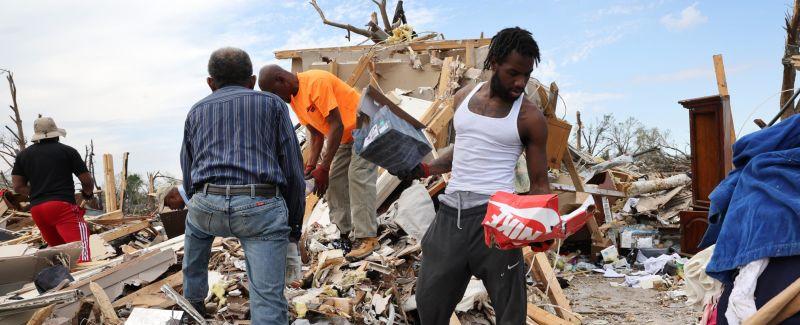Racial Disparities are worsening disaster recovery for people of color. With climate change, things could get worse

Climate change has affected everyone around the globe, but a recent article highlights how disaster recovery efforts are disproportionately affecting people of color. The article titled “Racial Disparities are worsening disaster recovery for people of color. With climate change, things could get worse” notes that communities of color face unequal access to disaster aid, substandard housing, and healthcare services. As climate change events increase in frequency and severity, these disparities could intensify, further hurting the most vulnerable populations.
The article explains that people of color often have limited access to reliable information, are more likely to live in poverty, and face systemic racism and discrimination that create obstacles to securing recovery assistance. It adds that these factors can lead to mental and physical health problems, lower life expectancy, and reduced economic opportunities. These challenges have been compounded by the COVID-19 pandemic, which has disproportionately impacted communities of color, intensifying existing disparities.
As a writer, I found this article to be eye-opening and informative because it highlights the need to address these inequalities in disaster response and recovery. In my personal experience, I have seen how communities of color are often left behind in disaster recovery efforts, and this can have devastating effects on their wellbeing. It is important to acknowledge that the consequences of climate change fall hardest on those already facing systemic injustices.
In conclusion, this article underscores the need for a comprehensive and equitable approach to disaster response and recovery. It is crucial to address the root causes of these inequalities, such as systemic racism and poverty, to ensure that everyone is equally protected in times of disaster. As climate change continues to worsen, we must work together to build a more just and resilient future for all.
Quick Links

